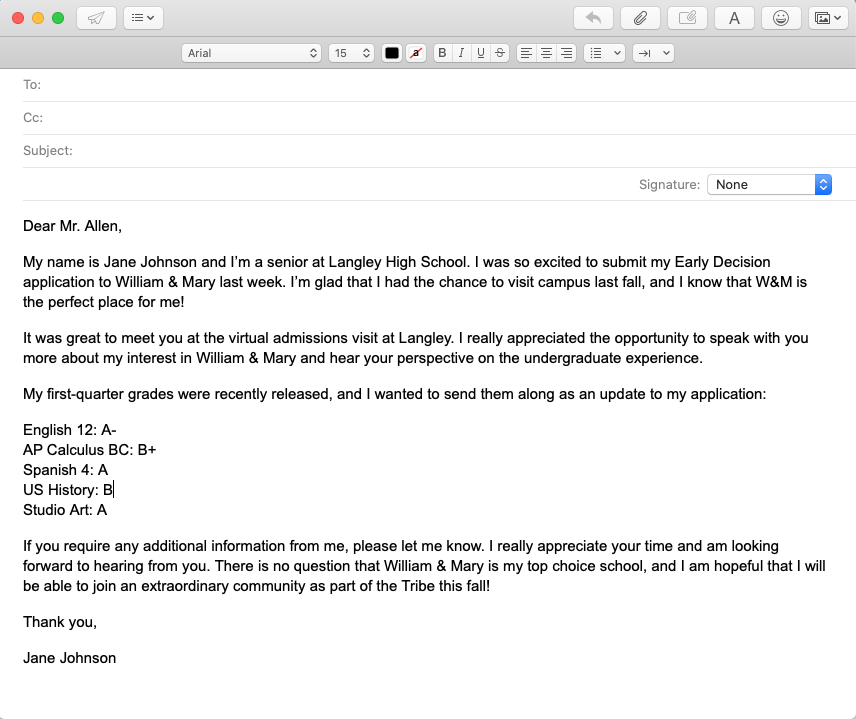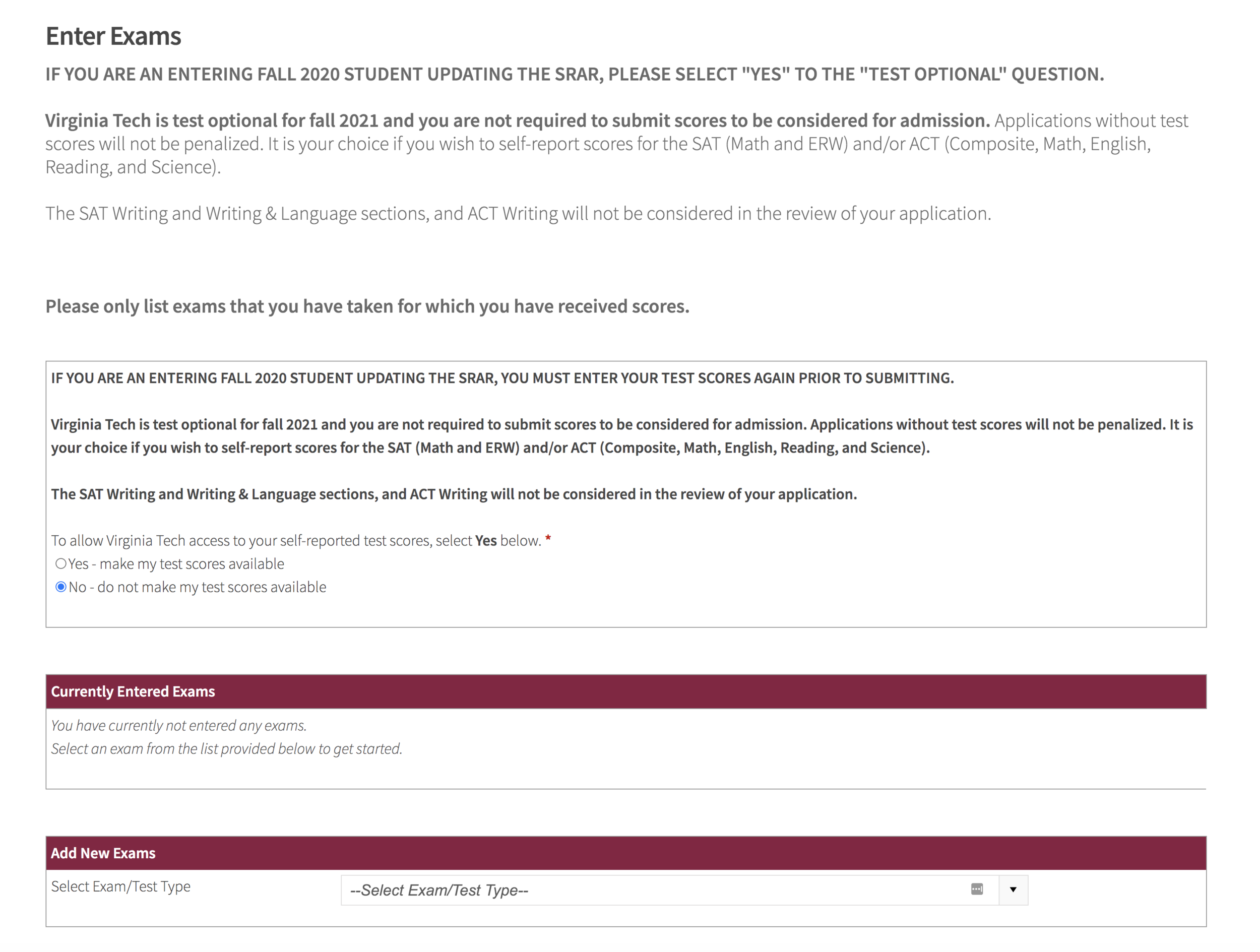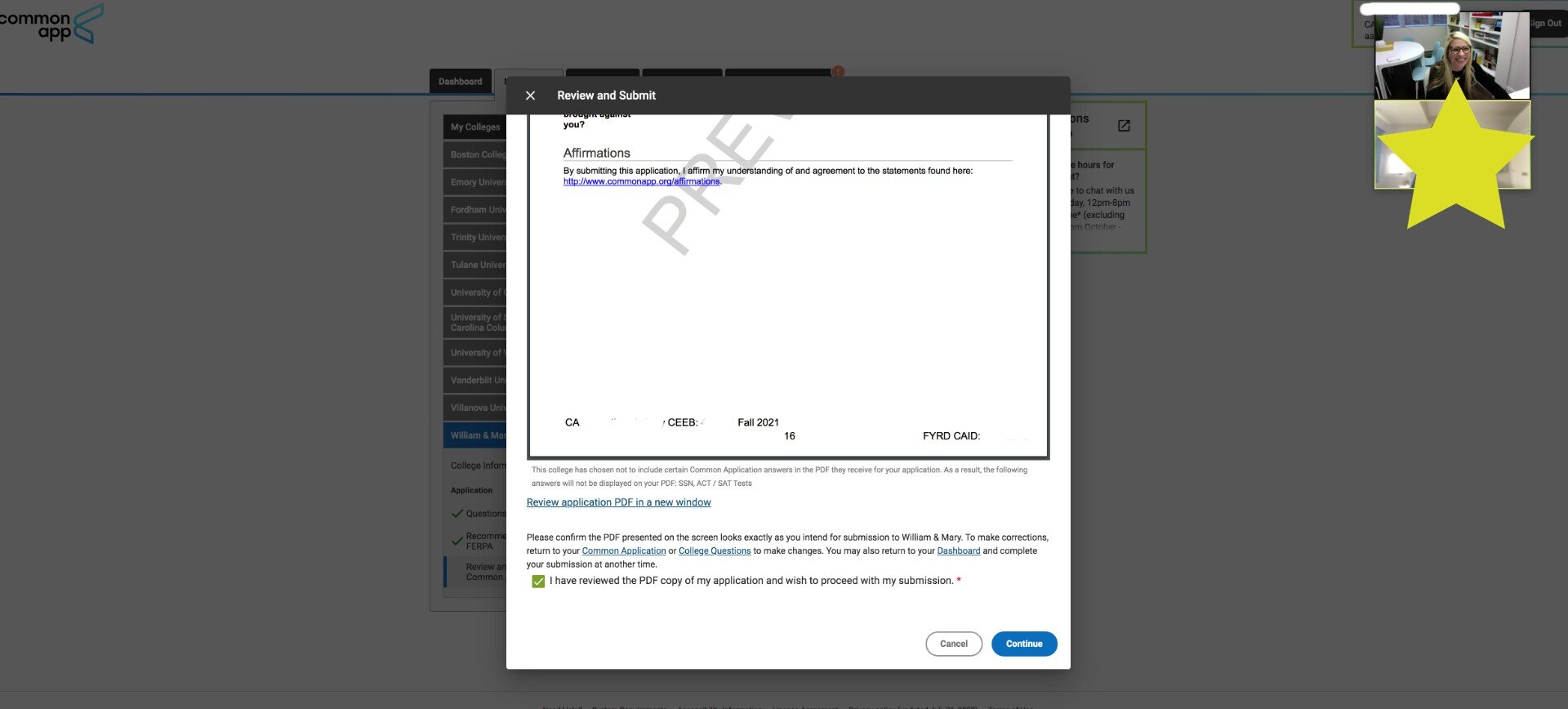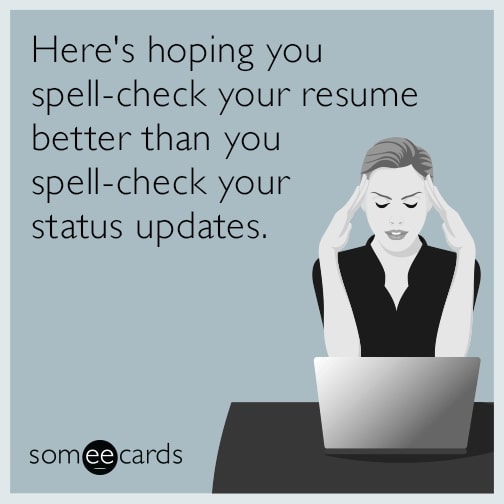BIGGEST COLLEGE-RELATED NEWS OF THE WEEK
TRACKING HURRICANE IAN
Our thoughts are with everyone who has been affected by Hurricane Ian this week. Several schools, including the University of Florida, have been closed for several days and are expected to resume normal operations next week. The storm is making its way up the East Coast this weekend, so stay safe!
THE FAFSA OPENS TOMORROW
The FAFSA will open on October 1, and if you intend to complete the form, we encourage you to do it as soon as possible. If you are unsure whether or not you should complete the FAFSA, you can check out our earlier posts here and here to help make the best decision for you and your family. There are a lot of myths about the FAFSA that circle around every year, so if any of our current clients have questions about the process, make sure to reach out to us so we can help you make this decision.
NEW EXCELENCIA SEALS AWARDED
Since 2019, Excelencia in Education has given the Seal of Excelencia to schools that serve Latino students. The organization is dedicated to Latino college completion, and this year honored six institutions including UC Santa Cruz and UT Arlington. Nine schools were also recertified this year, including Arizona State, the University of Arizona, and Florida International University.
COLLEGE FOOTBALL WEEK FIVE
Lots of college football news this week, including a potential breakthrough for NC State and the challenges that UGA will face in the SEC. Are you following the college football season? Let us know your team in the comments!
BEST ARTICLES OF THE WEEK
This article explores the (somewhat bleak) reality of declining in-state students at flagship state universities. According to a report from the Brookings Institute, Alabama now has 34% in-state students to 66% out of state - a big flip from its 2002 ratio of 75-25. Clemson (though not the flagship) has about 50% out of state students. These numbers stand in contrast to some other states, like North Carolina, which limit the percentage of out-of-state students to 18% at all public colleges and universities. But for many of these schools, taking more (high-paying) students from out of state is a financial necessity - Alabama, for instance, receives only 10% of its funding from the state, and needs to make up a shortfall with out of state tuition dollars.
If you are looking for statistics on price, admission, or really anything else to help you get a sense of the college landscape, our clients know that your best bet is generally a school’s Common Data Set. These can often be buried on a school’s website, but you can usually find them by Googling the school’s name and “Common Data Set.” For more about the type of data you’ll be able to find on the CDS, check out this New York Times article.
This is not an article per se, but I have been REALLY enjoying the Gatecrashers podcast and would highly recommend it. It’s about the history of anti-semitism at Ivy League schools (I’m still on Episode #1 about Columbia) and it’s just amazing how much I’m learning.
I had no clue that routine aspects of the process as we know it today are actually a result of anti-semitic practices from long ago- for example, questions about parent occupations on college applications were originally included to try to identify Jewish students and keep them out. Anyway, this is definitely worth a listen!
OFFICE HAPPENINGS
It has been a flurry of submissions for us this week, especially for students applying to UGA, U of SC, Clemson, UNC, and other schools with 10/15 deadlines! A huge congratulations to those students who finished up their submissions this week.
This is also the time of year when we hear from our students how happy they are that they finished up most, if not all, of their essay work over the summer. Every July, students and parents wonder why they need so much time for essay work, and every September they are thrilled to be done and able to focus on schoolwork and enjoying senior year! If you’re a junior and want to be the first one of your friends to finish up applications next fall, don’t forget to book a Meet & Greet - now is the perfect time to start working on your applications.
Stay safe and dry this weekend! My daughter is supposed to cheer at the Madison homecoming game tonight with her VYI team and we are all crossing our fingers it doesn’t get rained out!


































